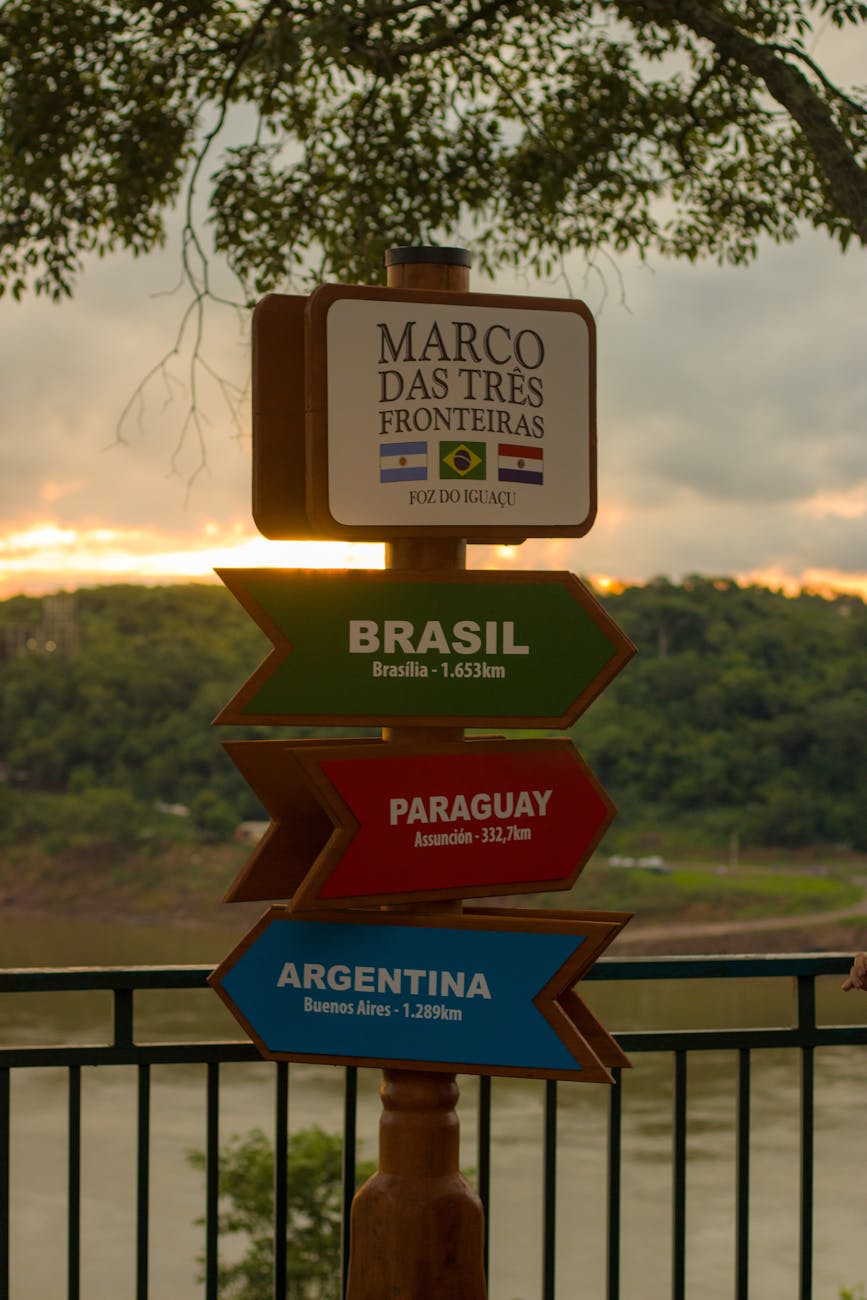Paraguay has quietly become one of Latin America’s most attractive relocation hubs for investors, expats, and off-grid pioneers. Low taxes, affordable land, abundant water, a pro-investor legal environment, and a calm geopolitical profile make it a preferred destination for those seeking greater autonomy or a Plan B lifestyle.
So when a reader asks:
“My wife and I are considering relocating to Paraguay. How can we investigate this off-grid community effectively and without bias?”
…it’s the right question—and one far too many people skip.
Below is the Invest Offshore due-diligence framework for evaluating any off-grid, eco-village, regenerative agriculture, or intentional community in Paraguay (or anywhere).
1. Start With Independent Verification Before You Contact the Community
Every off-grid or intentional community has a narrative. Some are inspirational. Others are purely marketing. Your job is to triangulate the truth.
Investigate before introducing yourself:
- Search for third-party reviews that are not linked to the promoters.
- Scan Google Earth to verify that infrastructure actually exists.
- Research the community’s legal structure—cooperative, corporation, trust, or informal association.
- Look for land titles, zoning status, agricultural use restrictions, and whether the project is subdivided legally or operating in a grey zone.
- Check for historic disputes involving land, water rights, or developers.
Paraguay has secure property rights—but also a wide spectrum of informal developments that depend on the buyers never checking behind the curtain.
Start neutral, stay analytical.
2. Verify Land Title and Ownership Through an Independent Paraguayan Attorney
In Paraguay the only “proof” of ownership that matters is the Registro Público title record.
Do not accept:
- Private contracts
- Promises of title “coming soon”
- Land certificates not backed by the Registro Público
- Transfers held only under the seller’s company
Hire a real, independent Paraguayan property lawyer—not the community’s lawyer. For USD $200–$600 you can get:
- Title search
- Boundary and zoning verification
- Liens, debts, or encumbrances
- Confirmation that subdivision is legal
- Confirmation that foreigners can own the specific parcel
This step alone eliminates 80% of risk.
3. Visit Quietly and Unannounced
If you only see an off-grid community through the curated tour, you’re seeing a narrative—not reality.
When possible:
- Visit unannounced or arrive a day early.
- Walk the perimeter. Observe how many homes are actually occupied.
- Check the water systems, septic systems, access roads, and solar infrastructure in real conditions.
- Talk to neighbours outside the project.
You’re looking for truth in daily life, not the sales version.
4. Analyze the Community’s Economic Model
Most off-grid communities fail because of bad economics—not bad intentions.
Ask:
- How is the HOA or community funded?
- What are monthly or annual maintenance dues?
- Is the project self-sustaining or dependent on new buyers?
- Who pays for road maintenance, water pumps, solar repairs?
- Is there a governance model? Is it democratic, founder-controlled, or unclear?
Healthy communities have transparent budgets, clear responsibilities, and no dependency on continuous new sales to remain solvent.
5. Evaluate Security, Water, and Access—The Three Pillars of Paraguay Off-Grid Living
Paraguay offers year-round growing conditions and abundant land, but off-grid success depends on three fundamentals:
Security
Speak with locals. Ask about:
- Property theft
- Cattle rustling
- Night patrols
- Neighbourhood watch systems
Paraguay is safer than most Latin American nations, but rural security still matters.
Water
Confirm:
- Deep wells or river access
- Dry-season reliability
- Water rights (in some regions, these matter more than land titles)
Access
Especially during rainy season:
- Are roads passable?
- Is the route maintained by the municipality or the community?
Without access, everything becomes expensive—even groceries.
6. Interview Current Residents—Separately, Not in a Group
You will get more honest opinions when people talk freely without social pressure.
Ask:
- What surprised you most after moving here?
- How are conflicts handled?
- Do people come and go frequently?
- Would you invest again?
Red flag: Residents speak in identical talking points.
Green flag: You hear a mix of praise, criticisms, and realistic expectations.
7. Do a “Rainy-Season Test”
Paraguay’s rainy season (roughly October–April) reveals everything:
- Road failures
- Drainage issues
- Mosquito pressure
- Power reliability
- Soil saturation
If you can’t visit during the rainy season, talk to residents who have lived through several cycles.
8. Run a 90-Day Trial Stay Before You Commit
Rent nearby or on-site. Do life as you normally would:
- Buy groceries
- Drive the roads
- Work remotely
- Meet the community organically
- Test the climate, culture, insects, temperature swings, and rhythms of daily life
If the community pressures you to buy before doing this—walk away immediately.
9. Maintain an Offshore Investor Mindset
At Invest Offshore, the guiding principle is clear:
Emotion inspires the move; due diligence protects the investment.
Paraguay can be an excellent choice—low taxes, personal freedom, affordable land, and a slow-paced, low-conflict culture. But off-grid communities vary massively in quality, governance, and long-term viability.
Conduct your investigation like you would a private placement:
- Independent verification
- Neutral third-party advisors
- On-the-ground inspection
- Transparent financials
- Trial period before commitment
Do this, and you won’t fall into bias—positive or negative.
Final Thoughts
Paraguay rewards those who do their homework. And the off-grid lifestyle can be deeply fulfilling—for freedom, for family, and for a Plan B sovereign life.
If you and your wife follow the due-diligence steps above, you will arrive at your decision informed, empowered, and unbiased—no matter which community you ultimately choose.
Invest Offshore continues to monitor relocation opportunities across Paraguay, Uruguay, Panama, and West Africa—regions where the future of sovereign living is quietly being built.

Leave a Reply